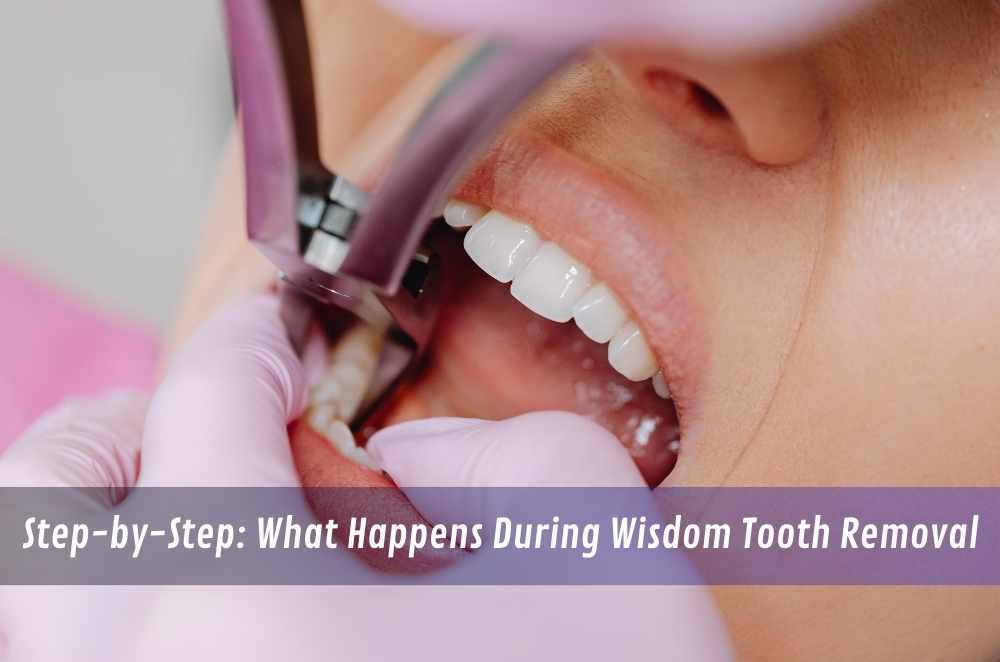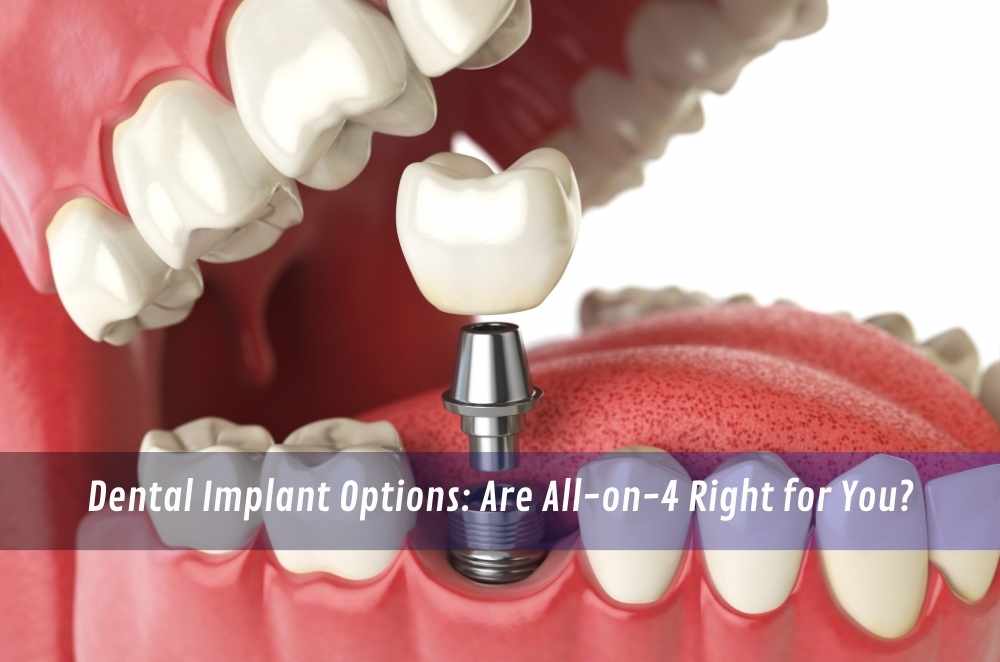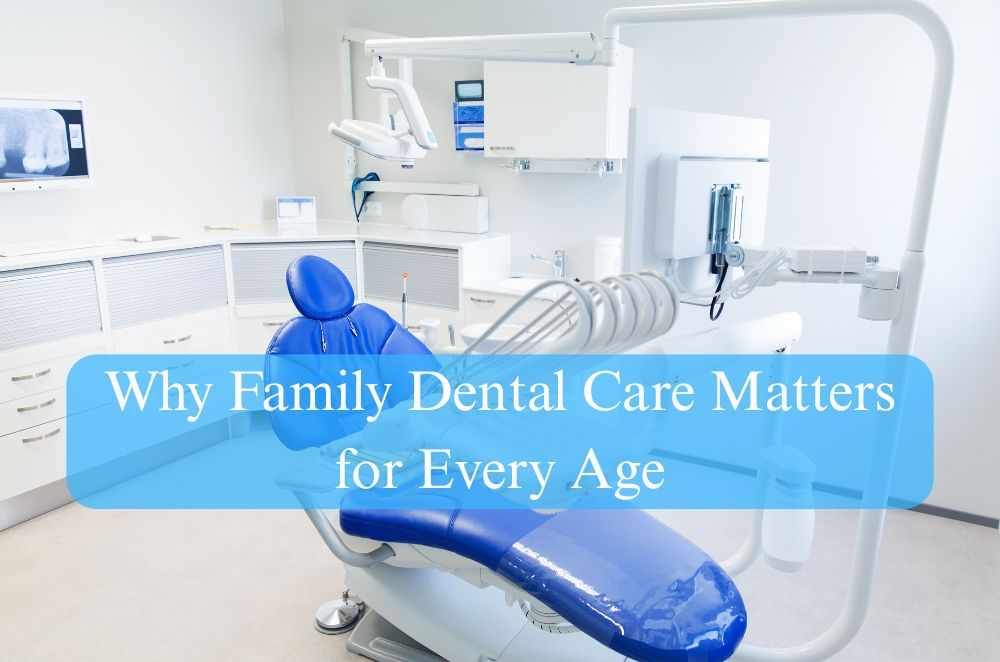
When I first settled in Wentworth Falls, I didn’t think finding a dentist would be a big deal. Just ring one, book it, done. But it turned out to be more than just a tick-the-box kind of task. It wasn’t about fancy clinics or polished websites—it was about trust. I didn’t want to be treated like a number, and I definitely didn’t want to feel rushed through a check-up.
So, I started asking around. Neighbours, a woman at the bakery, even my local pharmacist—all had opinions. The same two or three names kept coming up, which says a lot in a town this size. And that’s when it clicked: in a place like this, people don’t just go to whoever’s closest—they go where they’re genuinely looked after.
Finding a dentist Wentworth Falls locals genuinely recommended gave me peace of mind. That local knowledge mattered. It helped me walk in feeling like I was already in good hands, even before the first appointment.
Key questions to ask before your first appointment
Once you’ve got a shortlist of clinics, don’t be shy about reaching out directly. Online info can only take you so far. That initial phone call? It tells you heaps—how you're greeted, how patiently your questions are answered, and whether they seem genuinely interested in helping, or just keen to get you booked.
These were some of the things I made sure to ask:
Do they break things down in simple terms without being condescending?
Are they happy to work with nervous patients or those with past trauma?
Is their team multi-generational or more focused on one age group?
How long is the average wait for a standard check-up?
One call stood out. The receptionist didn’t rush me. She asked about my dental history, when my last visit was, and even how I feel about anaesthetics. That one chat made me feel surprisingly reassured. And honestly, it set the tone for everything that followed in person.
Understanding support options beyond private care
In regional towns, it’s easy to assume that private clinics are the only option. But that’s not really the case. Public programs still offer meaningful access to dental services, especially for families or those with specific eligibility.
Access to dental health services in New South Wales includes several options for people who meet certain criteria. If you're a parent with young kids, care under public services might be available. The same goes for adults who hold concession cards or have particular health conditions. While the process can take a bit more legwork, knowing these services exist means more people can get the help they need, especially when budgets or coverage are limited.
One clinic in particular was really open about this. They didn’t push anything on me. They just walked through some options for my mum, who needed dental work but didn’t have private cover. That kind of honesty really stuck. It wasn’t about selling services—it was about doing what was right.
What dental emergencies can reveal about a clinic
Emergencies are where the cracks show—or the care does. My moment came when a cracked tooth flared up late one evening. I wasn’t even sure if it was an emergency, but I couldn’t chew, and by morning, the pain was full-on. Getting a fast appointment was one thing. But what really stood out was how the dentist handled the entire situation.
They didn’t just patch it up. They took time to explain how they deal with dental extractions and what signs I needed to look for going forward.
That visit taught me a lot:
They asked questions about my history before suggesting a treatment
The aftercare instructions were clear, detailed, and not rushed
I got a follow-up phone call—not a generic text or form
The dentist gave me practical advice without the pressure or guilt trip
It’s in those urgent, uncomfortable moments that you really see whether a clinic cares about the long-term or just the quick fix. I won’t forget how they handled it.

Rethinking routine dental schedules
This came up in conversation over coffee with a friend. She hadn’t been to the dentist in three years. “If it doesn’t hurt, why go?” That’s what she said. And to be honest, I used to think the same way.
But the whole idea of how often you should visit the dentist isn’t one-size-fits-all. Some people genuinely don’t need much attention—good genes, minimal plaque, no history of issues. Others might floss every day and still deal with inflammation or wear.
Your dentist should be building a plan around your mouth, not just following a generic six-month rule. Mine suggested every nine months—not because something was wrong, but because I had one molar that always needed an eye kept on it. That kind of flexibility made me feel like I was being treated as a person, not a policy.
Final thoughts on finding care that fits
So here’s the thing—finding a dentist is part research, part gut feel. There’s no perfect checklist. You’re weighing up reputation, qualifications, convenience, personality, and approach. In a place like Wentworth Falls, where things run on relationships and word-of-mouth, you’ve got a chance to find someone who doesn’t just treat teeth, but treats people properly.
What you want, really, is a practice that doesn’t treat you like a number. One where the staff know your name, the dentist remembers your last visit, and you’re not left guessing what happens next.







Write a comment ...